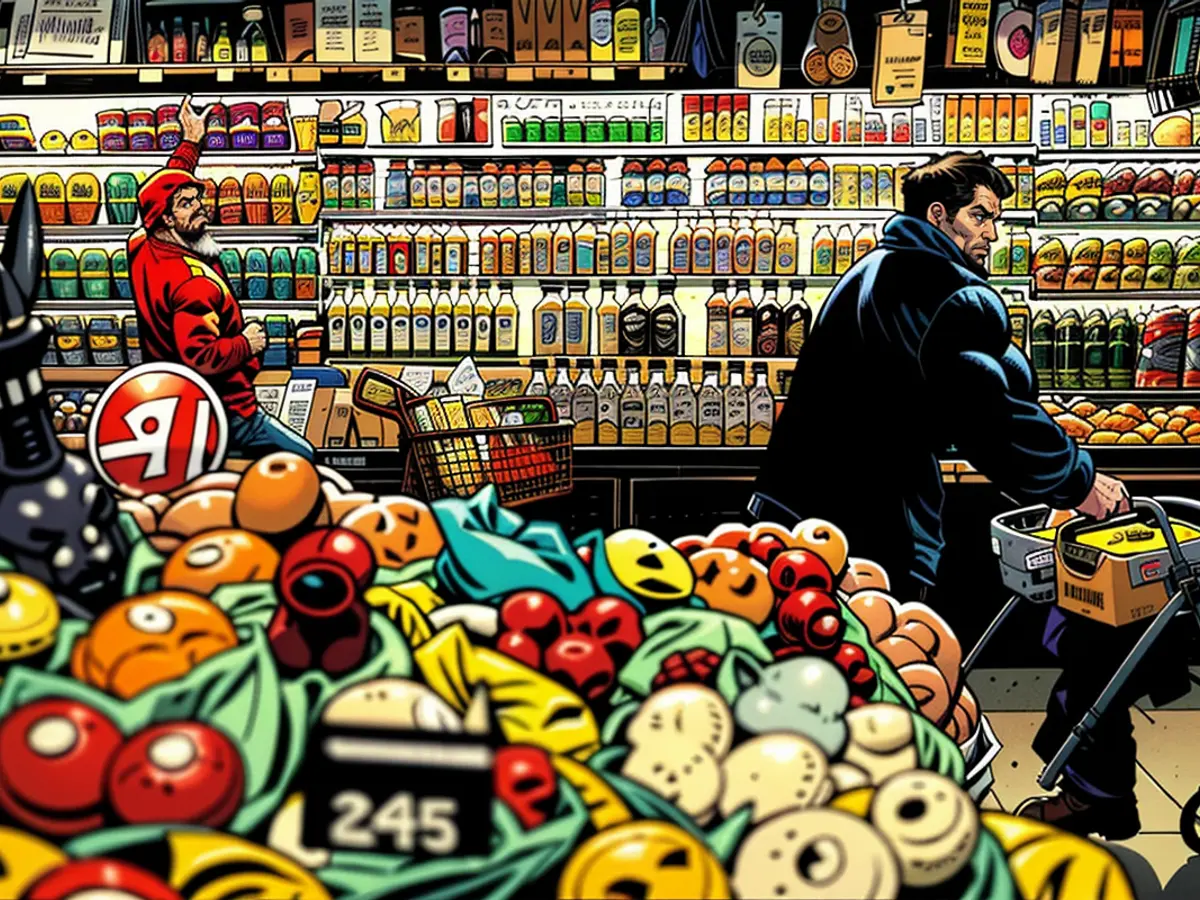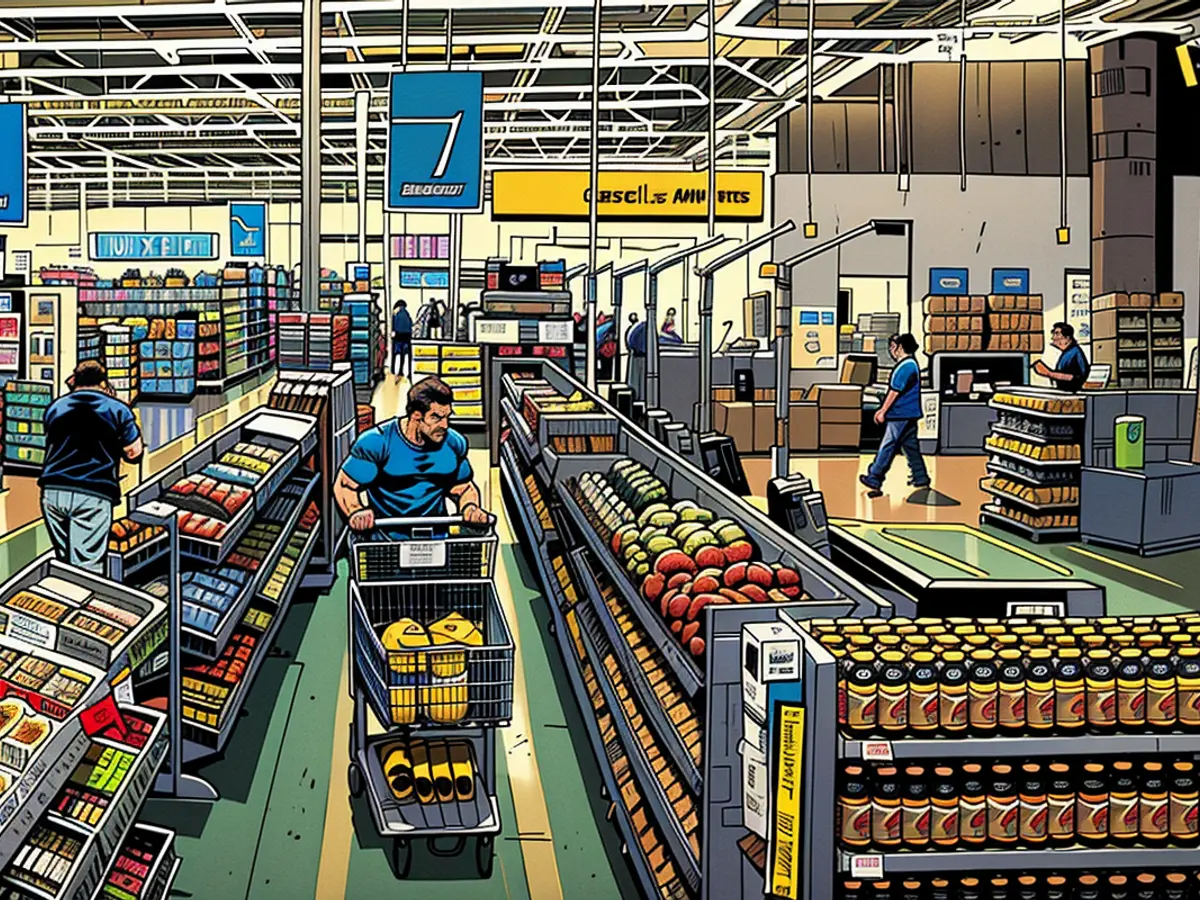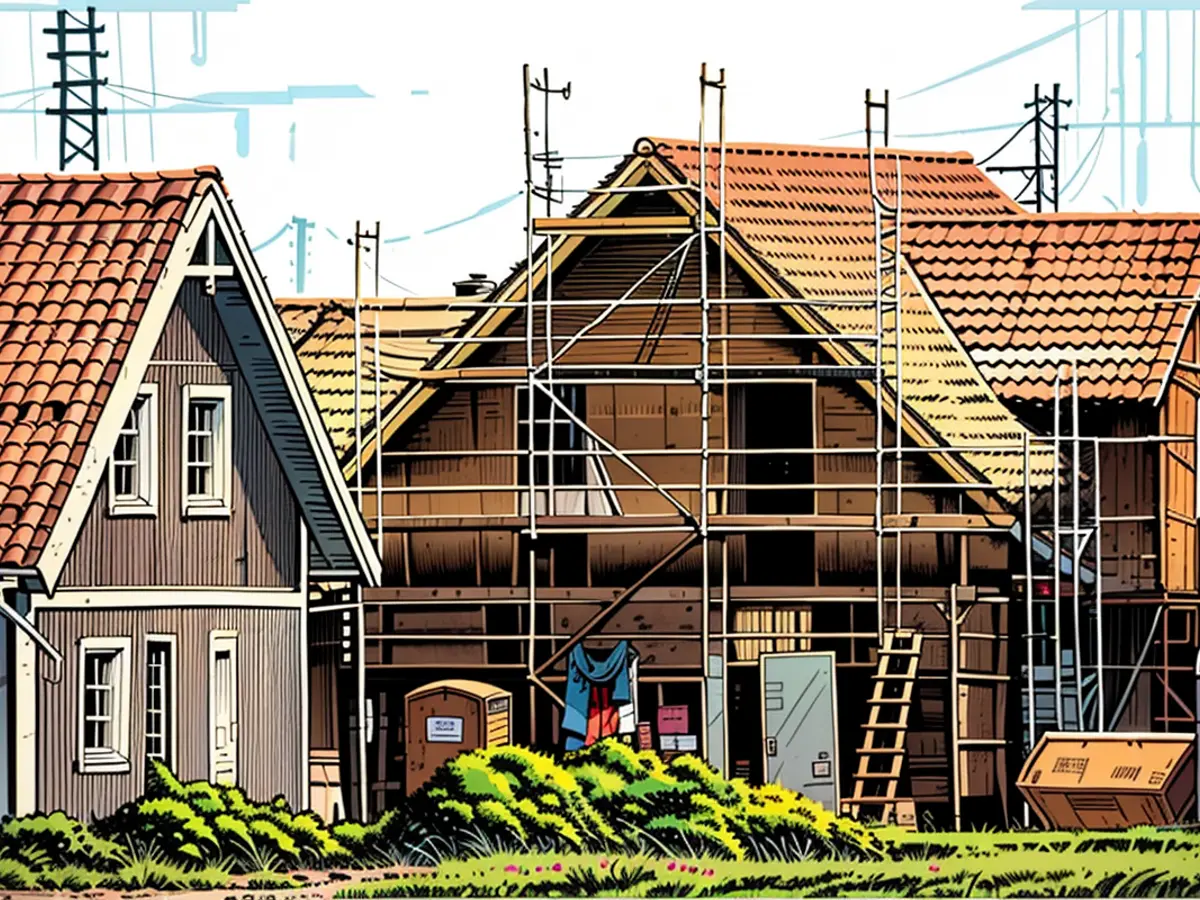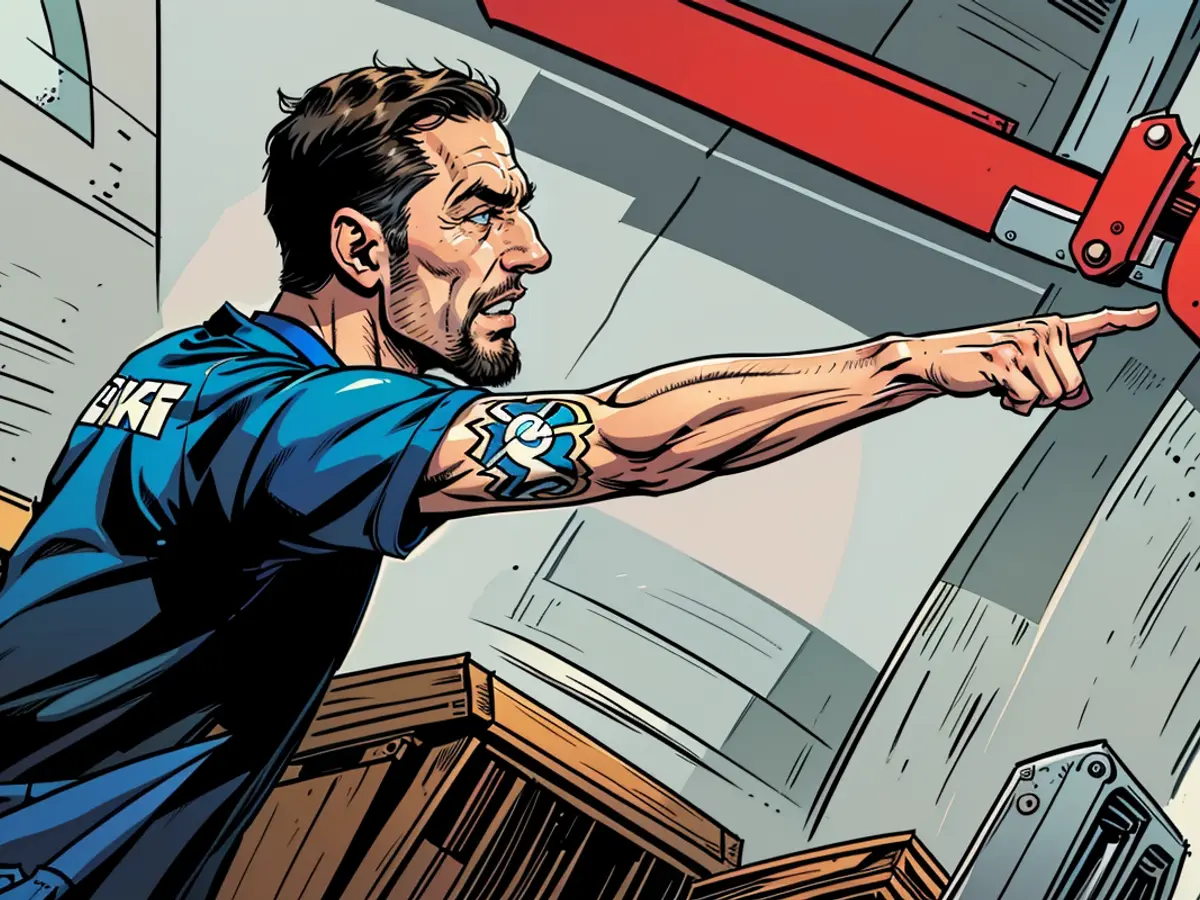The war on inflation has been won. It’s OK if you’re still angry
“To be honest, this was probably the dullest CPI we’ve had in a long while,” wrote Bloomberg senior editor Chris Anstey. “Which of course is what the Fed wants.”
“Tame.” “Benign.” Those are some of the adjectives that analysts used to describe the Consumer Price Index reading for July. “It is the ultimate ‘no news is good news’ report,” wrote Chris Zaccarelli, chief investment officer for Independent Advisor Alliance.
To be clear: This is high praise from the wonks. The consumer inflation reading is finally looking normal and healthy, and not so hideously distorted by the pandemic.
For all of us non-economists, it’s worth taking a moment to pump our fists in the air. And if any of you greater DC-area residents see Federal Reserve Chair Jerome Powell at the coffee shop, go ahead and high five him.
The headline inflation reading falling below 3% for the first time since 2021 is incredible.
The fact that inflation has fallen to 2.9% from over 9% in just two years, without causing a recession, is almost unheard of. By some measures, such a breezy cooldown has happened only once in the past six decades (hat tip, Alan Greenspan).
Now that we have that celebration out of the way, let’s turn to the reason inflation still feels like it’s got us in a chokehold, even as prices moderate for essentials like food and gas and travel.
In short: The CPI is an average, which means some things are getting cheaper and others are not. Unfortunately, many of the things you simply can’t avoid spending money on are the things that are still going up.
The biggest culprit by far is housing. A whopping 90% of the monthly increase in CPI came from shelter costs going up more than 5% year-over-year in July.
“Shelter costs,” aka rent and the equivalent for homeowners, is by far the biggest category in the CPI basket, and the biggest impediment to inflation’s descent. The good news, as my colleague Alicia Wallace notes, it’s only a matter of time before that hurdle gives.
Mortgage rates last week hit their lowest level in more than a year, at an average of 6.47% for the standard 30-year loan — down sharply from 7.22% in May. And that trend should continue as inflation cools, the Fed brings down interest rates (a process that’s all but guaranteed to begin next month), and housing inventory levels inch up.
Other pain points for folks: car insurance and child care.
Between 2021 and 2024, auto insurance costs have gone up 50%, even as the cost of cars has come down. Daycare costs have gone up largely in line with overall inflation, but, as The Wall Street Journal noted this week, those bills are already hefty — often as much as the rent — so even a relatively small percentage increase can feel like a huge blow to the budget.
Per the Journal, the typical cost of putting an infant in daycare in 2022 was about $1,400 a month in major metro areas. A 6.4% increase puts that bill closer to $1,500.
While folks can scale back on dining out or travel, those big monthly outlays are largely fixed and unavoidable.
Those in-your-face costs make it harder to cheer the slaying of the inflation dragon. But it may help to imagine, based on most economic history, how much worse it all would be if wages weren’t outpacing inflation (they are) and the labor market were any less robust.
High prices are hard. High prices and high unemployment are much, much worse.
The business sector might celebrate the decline in inflation, as it could lead to more stable pricing and increased consumer confidence. Moreover, a decrease in housing costs could potentially benefit many businesses relying on housing expenses, such as real estate companies and landlords.








